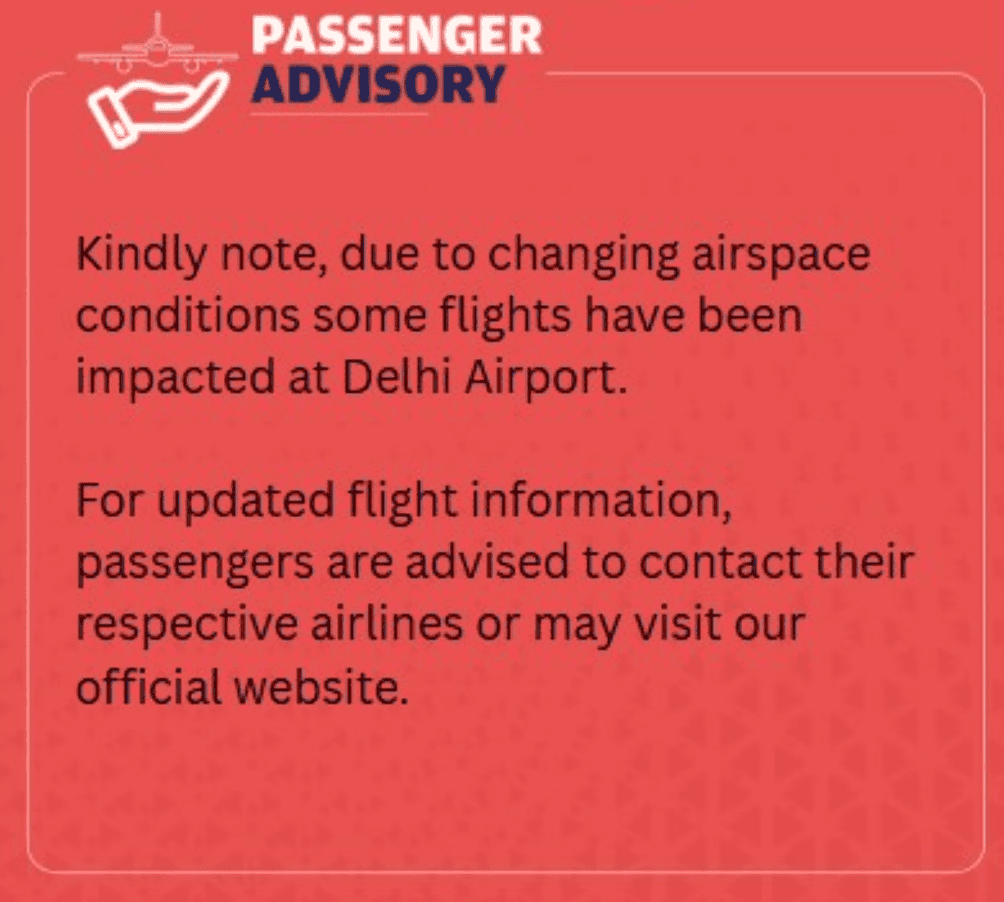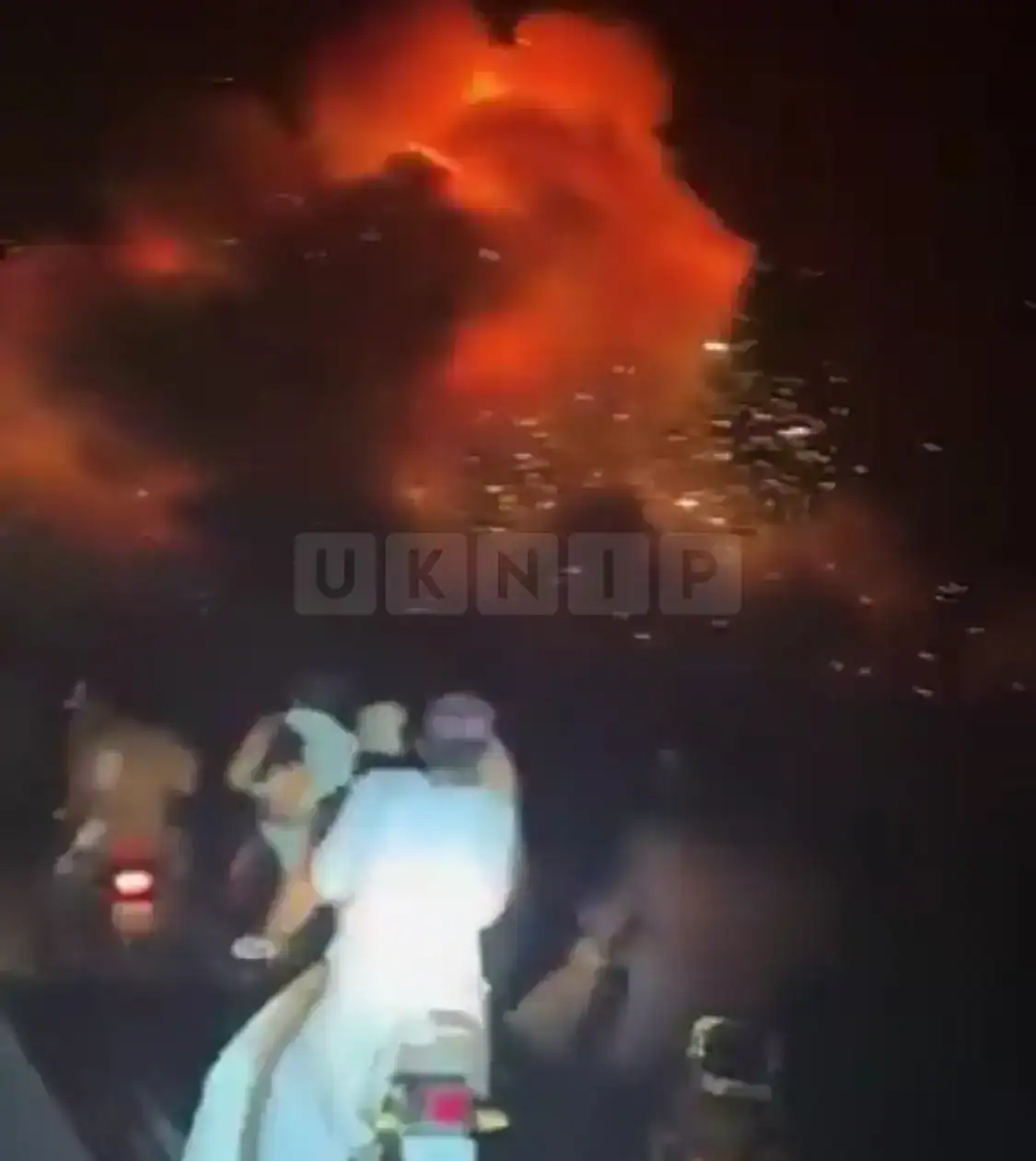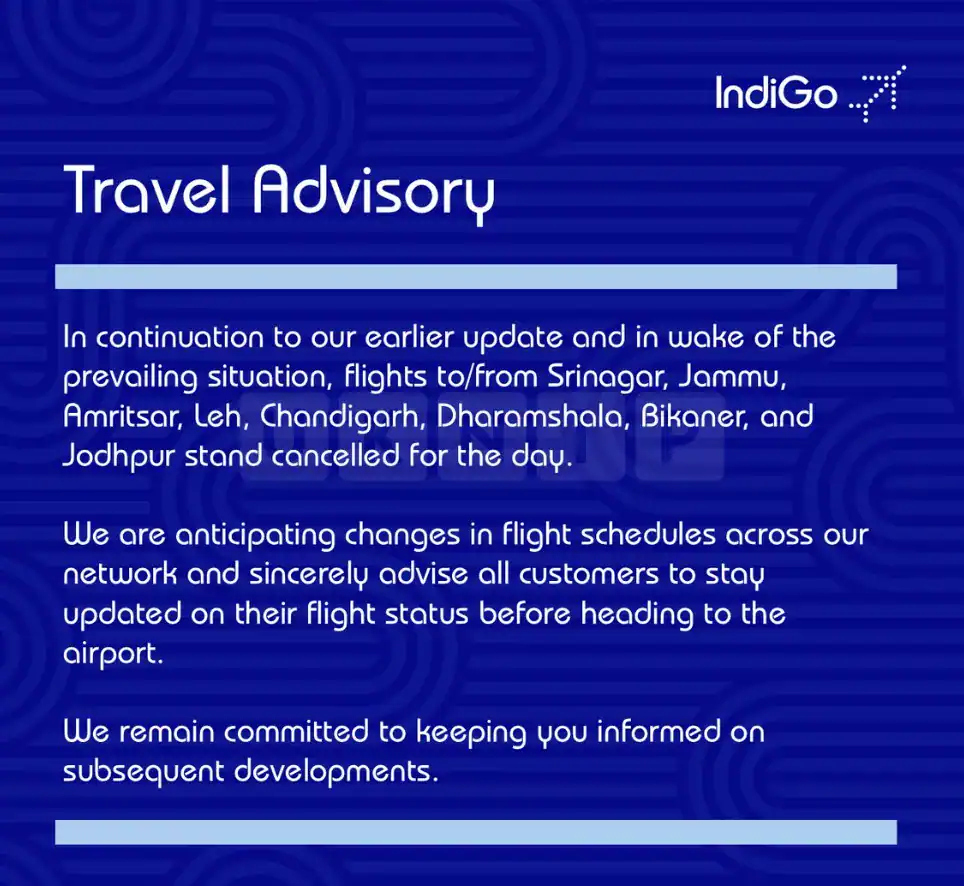A fresh geopolitical flashpoint is wreaking havoc on global air travel.
Major airlines including Air France and Lufthansa have confirmed they are avoiding Pakistani airspace after soaring tensions between India and Pakistan — sparked by the brutal massacre of 26 tourists in Kashmir.
The tragedy, which unfolded in the picturesque town of Pahalgam in Indian-administered Kashmir, has reignited the long-simmering hostility between the nuclear-armed neighbours.
Airspace Closures and Flight Chaos
In a statement to UK News in Pictures , Air France cited the “recent evolution of tensions” for suspending flights over Pakistan, while Lufthansa confirmed to it was rerouting flights away from the region.
British Airways, Swiss International Air Lines, and Emirates flights were spotted taking longer routes over the Arabian Sea to avoid potential risks.
The detours are expected to significantly increase flight times and fuel costs, dealing yet another blow to an airline industry already grappling with conflicts in Ukraine and the Middle East.

Military Muscle-Flexing Raises Global Alarm
Both India and Pakistan have ramped up military posturing in recent days:
- Pakistan conducted two missile tests within 72 hours, showcasing its Fatah surface-to-surface capabilities.
- India ordered nationwide security drills across all states and territories, an unprecedented move not seen for decades.
- Indian naval forces carried out precision strike drills in a show of readiness.
The United States, China, and the United Nations have urgently called for restraint, warning of the catastrophic consequences should hostilities escalate further.
UN Secretary-General Antonio Guterres:
A military solution is no solution. Avoid a confrontation that could spin out of control.

Water Crisis Adds Fuel to the Fire
The row isn’t limited to land and skies — water rights have entered the battlefield too.
India has suspended its participation in the Indus Water Treaty, a decades-old agreement vital to both countries. New Delhi reportedly cut water flows through the Baglihar Dam, choking off supplies to Pakistan via the Chenab River.
Pakistani officials have protested but claim India has ignored diplomatic outreach.
Prime Minister Narendra Modi:
“Now, India’s water will flow for its own benefit.”
Economy in the Crossfire
While India’s economy appears insulated, Pakistan’s fragile financial recovery is in jeopardy.
A report from Moody’s warned that any prolonged tension could threaten Pakistan’s IMF-backed economic stability, hammer its growth, and imperil foreign investment.
Cultural Ties Severed Too
Meanwhile, the cultural freeze deepens:
- Pakistani celebrity Fawad Khan’s much-anticipated Bollywood return has been blocked.
- India has reportedly banned Pakistani actors and artists from public platforms again.
- Pakistani celebrities’ social media accounts have faced sudden restrictions in India.
The brief hope of rekindling artistic exchange between the two nations has quickly faded into renewed hostility.
Conclusion: High Stakes, Uncertain Future
The India-Pakistan standoff is now spiraling across air, land, water — and culture.
Global leaders are scrambling to contain the crisis, but with missile tests, water wars, and airspace chaos already unfolding, the next few days could determine whether cooler heads prevail — or if the region inches closer to catastrophe.







































